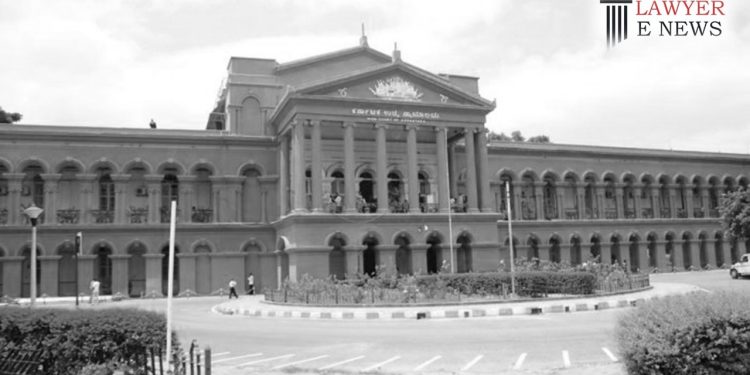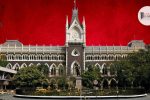Kerala High Court Invokes Parens Patriae Doctrine, Grants Custody of Autistic Ward to Mother

In a landmark judgment delivered on 10th July 2023, the High Court of Kerala at Ernakulam exercised its powers under the parens patriae doctrine and granted custody of an autistic ward to the mother. The case, WP(CRL.) No. 296 of 2023, involved petitioner Santha Kumari, aged 63 years, who sought custody of her 39-year-old autistic daughter after the demise of her husband, who was previously appointed as the ward’s guardian under the National Trust Act.
The court, comprising Justice P.B. Suresh Kumar and Justice C.S. Sudha, carefully analyzed Sections 10 and 14 of the National Trust for Welfare of Persons with Autism, Cerebral Palsy, Mental Retardation, and Multiple Disabilities Act, 1999. The Act aims to establish a National Trust for the welfare of persons with disabilities and provides for guardianship in specific situations.
The court took into consideration the present health condition of the ward, who required round-the-clock care and was unaware of her father’s demise. Previously, the ward was placed under the care of the Grace Home Charitable Society, a registered institution for persons with disabilities.
While the District Administration and the Grama Panchayat initially hesitated to hand over custody, they later expressed no objection to entrusting the ward’s custody to the petitioner, subject to the court’s assurance that proper care and protection would be provided. The court directed the petitioner to file an affidavit confirming her capability to care for the ward, which she duly presented.
The affidavit revealed that the petitioner, Santha Kumari, possessed sufficient assets, including property and fixed deposits, and had a stable income through a small business and selling vegetables and coconuts. Her eldest daughter, Mrs. Prasanthi, also affirmed her willingness to help care for the ward. Based on this evidence, the court was convinced that the petitioner could provide the necessary care and protection required by the ward.
The court emphasized the exceptional nature of the case, wherein it invoked the parens patriae doctrine, granting the custody of the autistic ward to her mother. The doctrine allows the court to act as a guardian in extraordinary situations to protect the welfare and best interests of the concerned individual.
This landmark judgment sets a precedent for similar cases, reaffirming the constitutional court’s authority to act in the best interests of those unable to protect themselves fully. The decision is expected to have a significant impact on guardianship cases involving persons with disabilities, ensuring their well-being and care in appropriate family environments.
The judgment cites, “In the said view of the matter, we have no doubt in our mind that the petitioner would be in a position to take care of the ward properly, and the entrustment of the custody of the ward to the petitioner will not, in any manner, impair the welfare of the ward. We take this view also for the reason that the petitioner is none other than the mother of the ward, and no one else can give to the ward all that a mother can give to her.”
This decision reflects the High Court’s commitment to uphold the rights and welfare of persons with disabilities, ensuring their protection and inclusion in society.
Date of Decision: 10th July 2023
SANTHA KUMARI vs STATE OF KERALA






